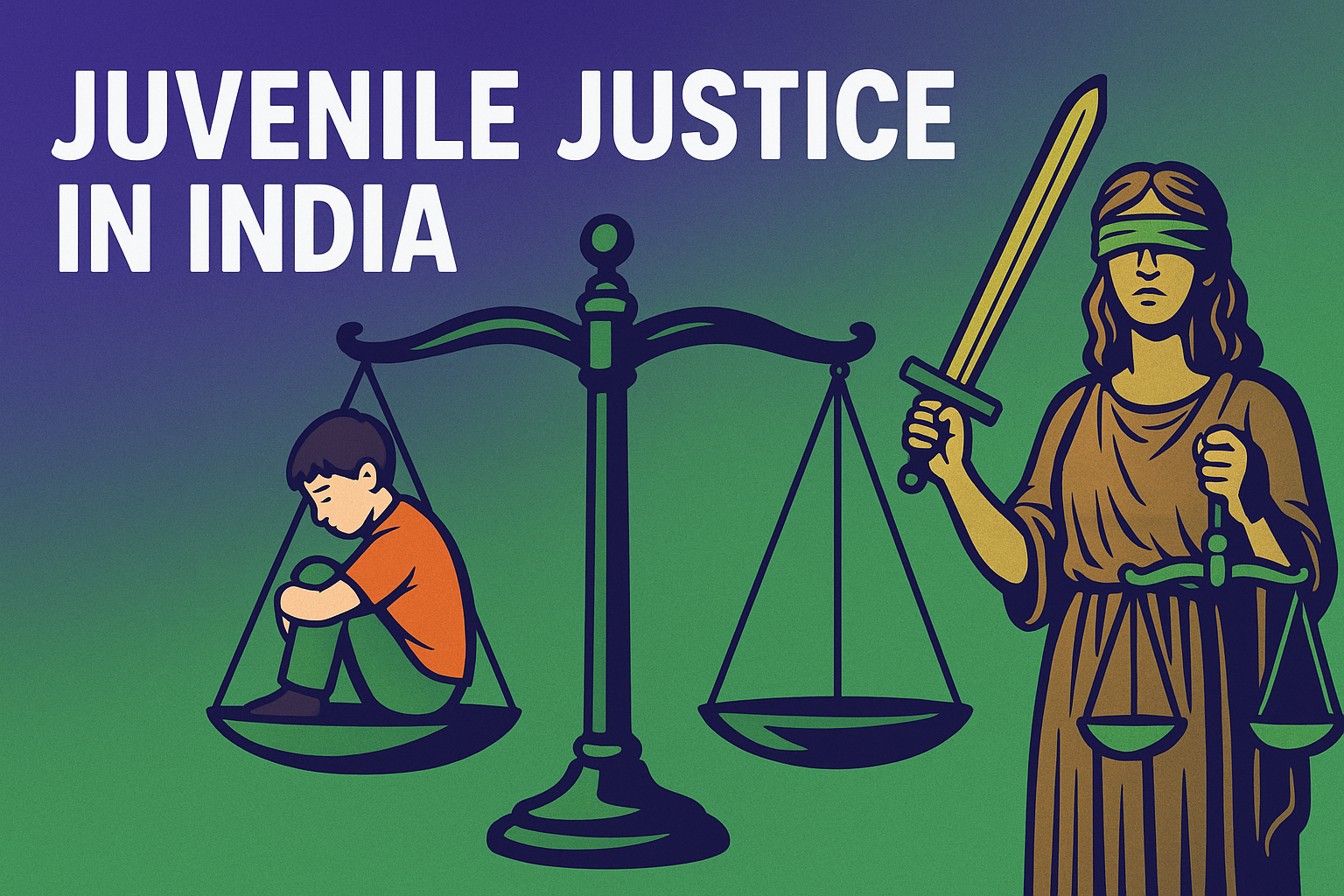Juvenile justice, rooted in the principle of restorative rather than retributive punishment, acknowledges that children possess a distinct psychological and moral makeup which merits differential treatment. The Indian juvenile justice system has witnessed significant evolution from the Juvenile Justice Act, 1986 to the Juvenile Justice (Care and Protection of Children) Act, 2015 [hereinafter, “JJ Act, 2015”]. This legislation codifies rights-based principles in line with international treaties such as the UN Convention on the Rights of the Child (UNCRC).
DEFINITION AND CLASSIFICATION: WHO IS A JUVENILE?
Section 2(12) of the JJ Act, 2015 defines a “child” as a person who has not completed eighteen years of age. A “child in conflict with law” under Section 2(13) is one who is alleged or found to have committed an offence and has not completed eighteen years on the date of commission of such offence.
The Supreme Court in Pratap Singh v. State of Jharkhand1 clarified that the date relevant for determining whether the individual is a juvenile is the date of the alleged offence, not the date of trial.
PROCEDURE FOR DETERMINING JUVENILITY
- Inqiury before the Juvenile Justice Board (JJB)
Section 94 of the JJ Act, 2015 empowers the JJB to make a prima facie determination of age. The following evidentiary hierarchy is adopted:
1. Birth Certificate from the school (or matriculation certificate);
2. Birth certificate issued by a municipal authority;
3. Age determination via ossification test (medical examination) if above documents are unavailable.
In Jarnail Singh v. State of Haryana, (2013) 7 SCC 263, the Supreme Court held that the aforementioned method of age determination applies even in criminal trials outside the juvenile framework, particularly where the accused claims juvenility at a later stage.
- Claim of Juvenility at any Stage
Under Section 9 of the JJ Act, 2015, a claim of juvenility can be raised before any court, even after conviction. The court must conduct an inquiry and record its finding.
The judgment in Abuzar Hossain v. State of West Bengal, (2012) 10 SCC 489, held that such a claim must be examined with sensitivity and cannot be dismissed summarily merely due to delay.

